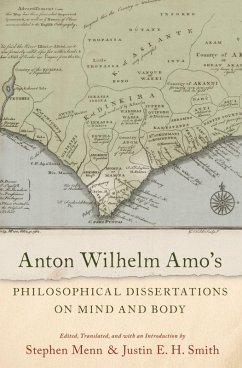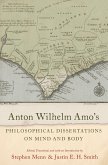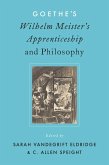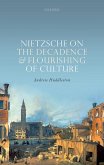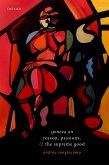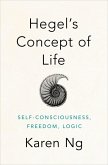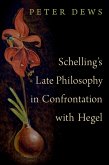Anton Wilhelm Amo (c.1703-after 1752) was the first African philosopher in the modern period to write in the European philosophical tradition and study and teach in European universities. At the dawn of the eighteenth century, while still a small boy, he was sent from his home in present-day Ghana to Amsterdam. From there he was sent to Germany as a court attendant of Duke Anton Ulrich of Braunschweig-Wolfenb?ttel, and was subsequently baptized in 1708. He matriculated at the University of Halle in 1727, where he defended a law thesis. He then studied and taught at the University of Wittenberg, before returning to Halle to teach, and later also teaching in Jena. He returned to West Africa permanently in 1747. Though much attention on and study of Amo has previously focused on his symbolic importance as a historical figure--the first African philosopher in modern Europe--Stephen Menn and Justin E. H. Smith argue for a serious engagement with Amo's work as a philosopher. In an extensive introduction, they contextualize his biography and writing within the surrounding intellectual and historical environment, and discuss and analyze his arguments in conversation with other philosophers of the time. This volume contains his two Wittenberg philosophical dissertations,
On the Impassivity of the Human Mind and the
Philosophical Disputation containing a Distinct Idea of those Things that Pertain either to the Mind or to our Living and Organic Body, both first published in 1734. The editors present the original Latin texts with side-by-side English translations and detailed explanatory annotations. In centering Amo's philosophical thought and making it accessible to more students and scholars, Menn and Smith establish the originality and significance of Amo's rigorous contributions to the mind-body debate of the seventeenth and eighteenth centuries.
Dieser Download kann aus rechtlichen Gründen nur mit Rechnungsadresse in A, B, BG, CY, CZ, D, DK, EW, E, FIN, F, GR, HR, H, IRL, I, LT, L, LR, M, NL, PL, P, R, S, SLO, SK ausgeliefert werden.

